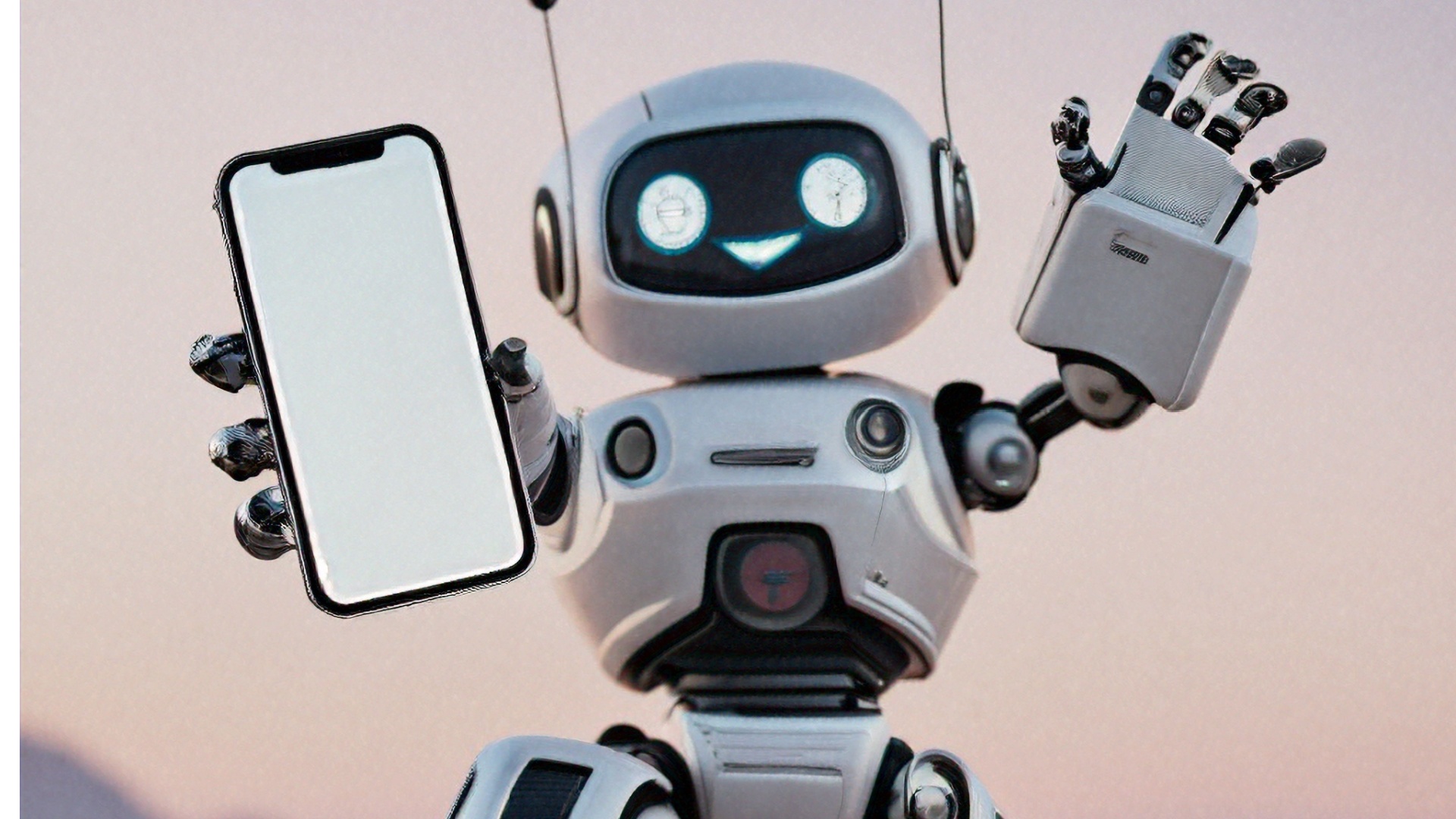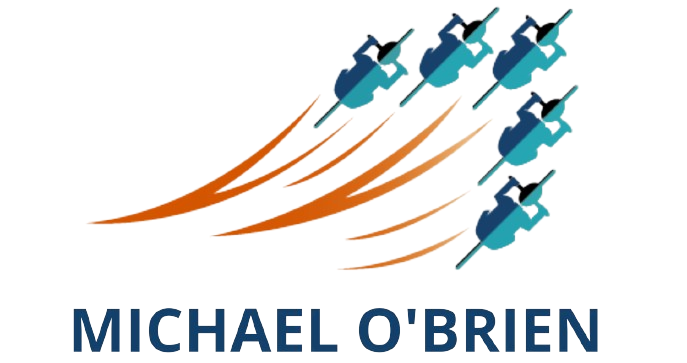
“A heartfelt and fun ripple effect” created by a human.
“Here’s a refined version that keeps it warm and professional:
Hi Michael, Elizabeth mentioned I should connect with you via LinkedIn, and I’d love to set up a quick call if you’re open to it. Would you be willing to chat briefly as a reference for him? Let me know if that works for you. Thanks, Keith”
Where is Alanis Morissette when I need her?
“Isn’t it ironic, don’t you think,” that a human didn’t write this message to set up a personal reference call, but a bot did? The clue was the copy-and-paste of “Here’s a refined version…”
Besides sparking innovation and eliminating jobs (except the ones held by tech executive bros), AI promises to save or at least redistribute our time away from mundane tasks like LinkedIn connection messages so we have more time for strategy, problem-solving, and creativity.
I’m confident that Keith is a wonderful person, and I look forward to connecting with her, but I wonder how she redistributed the time she saved.
Did he use it to meditate or ideate?
Did he use it to relax or hustle more?
Did he go for a walk or scroll longer on her phone?
This moment feels like a tech Groundhog’s Day. From the early days of the typewriter to computers, email to smartphones, and now AI, innovators promised they would save us time.
However, like Phil stepping into that slushy puddle from the movie, we keep falling victim to the productivity paradox. We might be more efficient, but we’re not working less—rather, we’re constantly connected, working just as much, if not more.
We’re just doing it faster, and if we do have any leisure time, to paraphrase Dr. Anna Lembke, author of Dopamine Nation, we spend it masturbating, gambling, shopping, and watching other people do things online.
We are giving tech permission to disconnect us from what makes us human.
I hope AI sparks solutions to solve our healthcare crisis, housing shortage, income inequality, climate change, and other opportunities society hasn’t seriously discussed. I want these promises to be true.
At the same time, I worry that more and more customer service interactions, therapy sessions, blog and social posts, and email messages will be AI-generated.
I fear that we will lose our souls, drip by drip, and one day, it will feel normal for a bot to suggest a “heartfelt and fun” thank you note that little Jimmy can send to his Grandma for the $5 she sent him for his birthday.
And, at least for me, that’s not progress. It’s just sad.
I’d love to hear your thoughts on AI. What are your hopes and concerns?
Until next week, have fun storming the castle!
By the way, Phil saw his shadow, but Chuck did not. Neither asked AI to predict how many more weeks of winter remain because where’s the fun in that?
However, for those counting, we have exactly 46 days until the spring equinox.
Finally, this week’s Kintsugi Podcast (just 7 minutes long and 100% real) is about Monty Python, The Bridge of Death, and being all-knowing.
I also discuss attribution, authenticity and something that might not be real or original: author and podcaster Mel Robbins’s assertion that she and her daughter created her “Let Them” theory.
All typos, hiccups, and errors have and will continue to be created by a perfectly imperfect human – aka me.
Get your Free Sticker | Download Pause Breathe Reflect and join us tomorrow for our Monday Meditations | Take Your Smartphone Wellness Check.




Leave a Reply